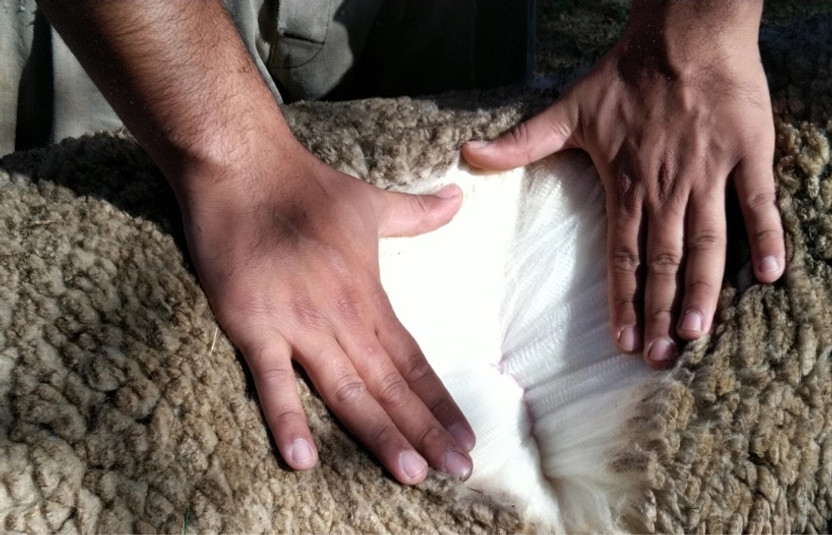Why is Wool Better Than Polyester or Down?
26th Oct 2023
When it comes to choosing bedding materials, the debate often revolves around wool, polyester, and down. Each has its merits, but if skin health, comfort, and sustainability matter to you, wool stands out. Here's an in-depth look at why wool might just be the superior choice.
The Natural Superiority of Wool
Wool is nature's gift to us, offering a slew of benefits that are hard to match:
- Exceptional Temperature Regulation: Wool has the remarkable ability to adapt to your body temperature. Whether it's a cold winter night or a sultry summer evening, wool ensures you stay comfortable. This is especially beneficial for those whose wool bedding relieves chronic illness pains.
- Friendly to Sensitive Skin: Wool's natural fibres are soft and gentle, making it ideal for those with sensitive skin. For individuals battling conditions like eczema, wool bedding products help in relieving symptoms.
- Hypoallergenic Haven: Allergic reactions disrupting your sleep? Wool's hypoallergenic properties come to the rescue. Wool pillows relieve allergies providing a sneeze-free, itch-free night.
- Moisture Mastery: Wool fibres can absorb a significant amount of moisture vapour, keeping your skin dry and less prone to acne or irritations.
Wool vs. Polyester: A Clear Difference
When weighing wool against polyester, several distinctions emerge:
- Natural vs. Synthetic: Wool is a natural fibre, while polyester is man-made. This means wool is biodegradable and kinder to the environment.
- Breathability: Wool fibres allow for better air circulation, ensuring you don’t feel stuffy or overly warm. Polyester, being less breathable, can trap heat.
- Odour Resistance: Wool naturally resists odours, which means even after prolonged use, your bedding won't have that musty smell. Polyester, on the other hand, can retain odours.
- Longevity: With proper care, wool products tend to last longer, retaining their shape and feel. Polyester might show wear and tear sooner.
Wool vs. Down: Which Fluffs Up Better?
Down, often sourced from duck or goose feathers, is a popular choice for its softness. But how does it stack against wool?
- Allergen Alert: Down can sometimes trigger allergic reactions, while wool is innately hypoallergenic.
- Moisture Management: Down can trap moisture, leading to a clammy feeling. Wool wicks away moisture, ensuring a drier, more comfortable sleep.
- Durability: Over time, down can clump, losing its fluffiness and insulation properties. Wool, meanwhile, retains its structure, ensuring consistent warmth.
- Ethical Concerns: Wool can be sourced ethically, ensuring sheep are treated humanely. Down, however, often raises concerns about the treatment of birds during feather extraction.
Caring for Your Wool Products
To reap the maximum benefits of wool, proper care is essential. Here are some tips:
- Gentle Cleaning: Avoid harsh detergents. Opt for mild, wool-friendly products.
- Air Dry: Instead of machine drying, let wool items air dry to maintain their shape and longevity.
- Storage: Store in a cool, dry place, preferably in a cotton bag to prevent moisture absorption.
Embracing Wool for Better Sleep and Health
It's evident that when considering the best bedding material for your skin, wool has a strong case. Its natural properties, combined with its ability to offer unparalleled comfort, make it a top choice for bedding materials.
When you choose wool over polyester or down, you're not only opting for personal comfort but also making an environmentally conscious decision. So, as you weigh your options, remember the many advantages wool brings to the table. Your skin, health, and planet will thank you.

